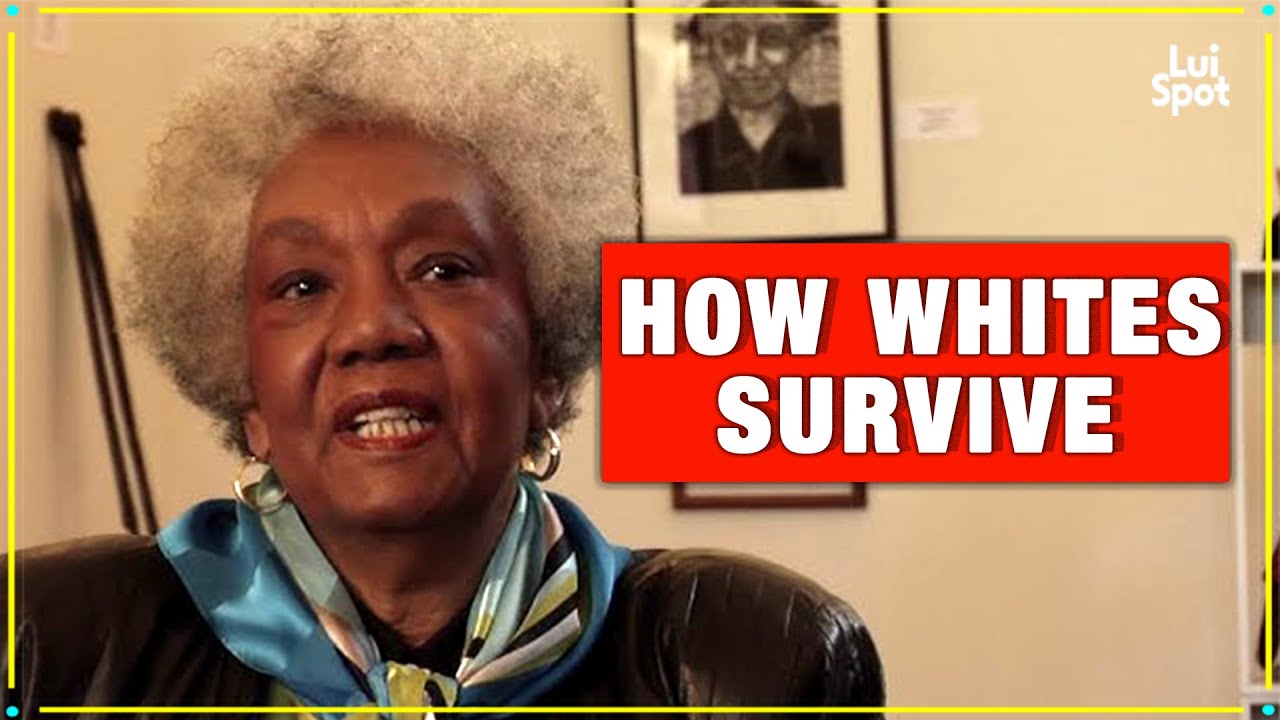Economics of Crime | Shri Abhayanand | TEDxSIBMBengaluru
Summary
TLDRA veteran police chief from Bihar, with 37 years of experience, shares his insights on the economic nature of crime and the generation of black money. He conducted an experiment to shift policing focus from catching criminals to tracing and preventing the laundering of illicit wealth. Collaborating with the Enforcement Directorate, they targeted property confiscation of criminal gangs, leading to visible results and a psychological impact on offenders. The chief advocates for a paradigm shift in police mission statements to include detection of black money and prevention of money laundering, aiming for a safer society.
Takeaways
- 👮♂️ The speaker has nearly four decades of experience in policing, with a significant portion of that time spent as the chief of police in Bihar, India.
- 🔍 The speaker's extensive experience has led to the belief that most crimes are essentially economic activities, leading to the generation of black money.
- 🤔 A heinous crime in Bihar, where property was looted, prompted the speaker to question the whereabouts of the unrecovered property, linking it to ill-gotten wealth in society.
- 🔗 The speaker suggests a connection between crime and the creation of a 'parallel state' funded by black money, which grows at the expense of the legitimate state.
- 🚔 Traditional policing focuses on apprehending criminals rather than tracking the economic trail of black money, which the speaker believes is a shortcoming.
- 🔄 The speaker's experiment aimed to shift the focus of policing from individuals to the economic assets and properties involved in crime, to disrupt the cycle of crime and wealth accumulation.
- 📊 A schematic diagram was used to illustrate the concept of a 'parallel state' created by criminals, which is larger and more powerful than the legitimate state due to economic leaks.
- 🏛️ The speaker faced legal challenges in conducting the experiment due to the Prevention of Money Laundering Act not providing a role for the police, forcing them to act as a catalyst to other enforcement agencies.
- 🏢 The experiment involved data collection, documentation, and collaboration with the Enforcement Directorate to target criminal gangs and their assets in Bihar.
- 📉 The confiscation of illegally obtained properties had a tangible impact on criminals, shocking them and potentially disrupting their operations.
- 🌟 The speaker concludes by advocating for a change in the police mission statement to focus on detecting black money and preventing its laundering, to make society a more livable place.
Q & A
What is the speaker's background in policing?
-The speaker has 37 years of experience in policing, including three years as the chief of police in the state of Bihar.
What does the speaker believe is the root cause of the crimes they have encountered?
-The speaker believes that the crimes they have encountered are essentially economic activities.
Why was the speaker unsatisfied with the outcome of a dacoity case in Bihar?
-The speaker was unsatisfied because they could not recover most of the looted property, which led them to question where the rest of the property had gone.
What connection did the speaker make between unrecovered property and wealth in society?
-The speaker linked unrecovered property to the ill-gotten wealth they observed in society, suggesting that crimes generate black money.
What was the speaker's innovative approach to policing during their tenure as chief?
-The speaker aimed to shift the focus of policing from persons (criminals) to properties and assets, to address the economic aspect of crimes.
What was the main challenge the speaker faced in implementing their ideas?
-The main challenge was the Prevention of Money Laundering Act, which did not provide a role for the police in tracking the trail of black money.
How did the speaker's experiment with the Enforcement Directorate work?
-The Bihar police gathered data and documents, then proposed formal actions to the Enforcement Directorate against various criminal gangs, leading to confiscation orders of illegally obtained properties.
What was the impact of the confiscation orders on the criminals?
-The criminals were stunned and shocked by the police's response, as they had not expected such actions from any police force.
What is the speaker's suggestion for a change in the mission statement of the police?
-The speaker suggests changing the mission statement from 'prevention and detection of crime' to 'detection of black money and preventing the laundering era'.
What is the ultimate goal the speaker envisions for society through their policing approach?
-The speaker hopes that by focusing on the economic aspects of crime and tackling black money, society will become a more livable place.
Outlines

Dieser Bereich ist nur für Premium-Benutzer verfügbar. Bitte führen Sie ein Upgrade durch, um auf diesen Abschnitt zuzugreifen.
Upgrade durchführenMindmap

Dieser Bereich ist nur für Premium-Benutzer verfügbar. Bitte führen Sie ein Upgrade durch, um auf diesen Abschnitt zuzugreifen.
Upgrade durchführenKeywords

Dieser Bereich ist nur für Premium-Benutzer verfügbar. Bitte führen Sie ein Upgrade durch, um auf diesen Abschnitt zuzugreifen.
Upgrade durchführenHighlights

Dieser Bereich ist nur für Premium-Benutzer verfügbar. Bitte führen Sie ein Upgrade durch, um auf diesen Abschnitt zuzugreifen.
Upgrade durchführenTranscripts

Dieser Bereich ist nur für Premium-Benutzer verfügbar. Bitte führen Sie ein Upgrade durch, um auf diesen Abschnitt zuzugreifen.
Upgrade durchführenWeitere ähnliche Videos ansehen

Aim Trainers (Aim Lab, Kovaak's) static aiming guide (Sixshot, 1wall 6targets small)

40 Years Of Software Engineering Experience In 19 Minutes

Adolescência, A Nova Série da Netflix: A História em 1 Vídeo!

Episode 2: Canadian Career Stories

why whites say black people genetics is bad - dr. frances cress

When Will The Tech Jobs Come Back?
5.0 / 5 (0 votes)
